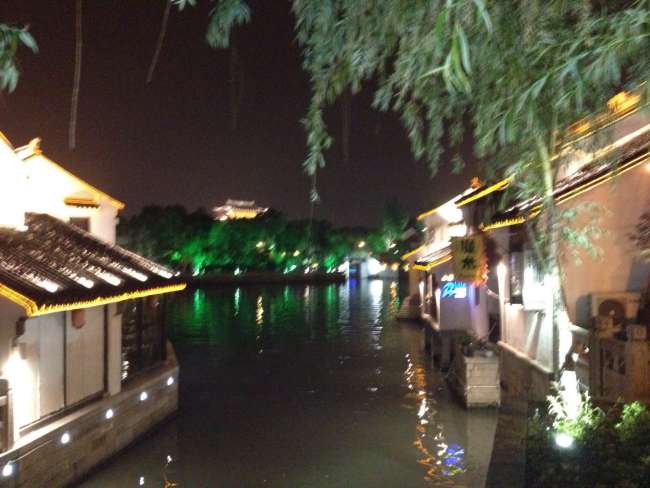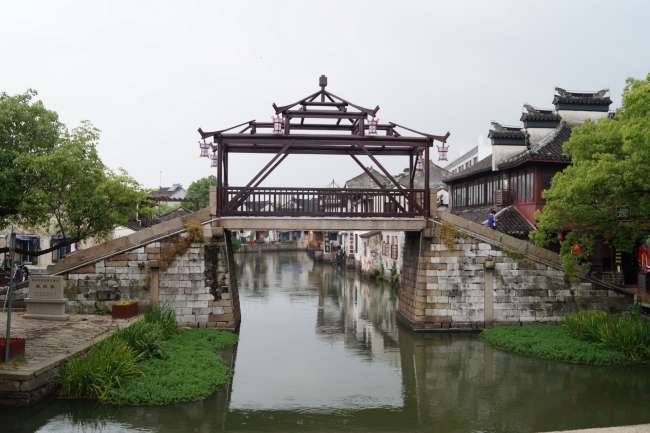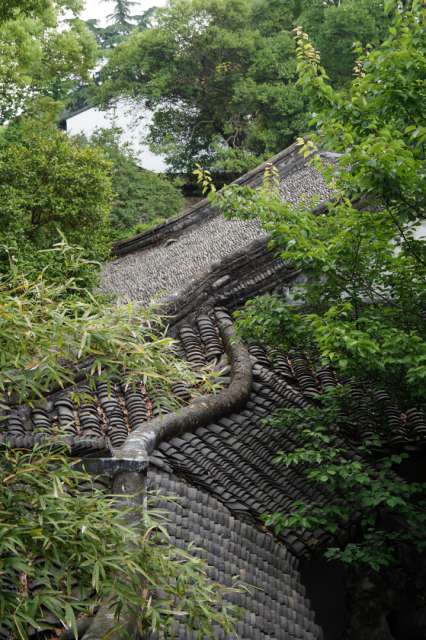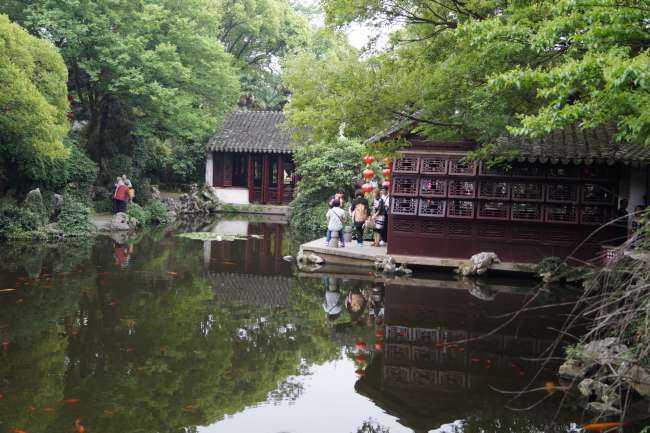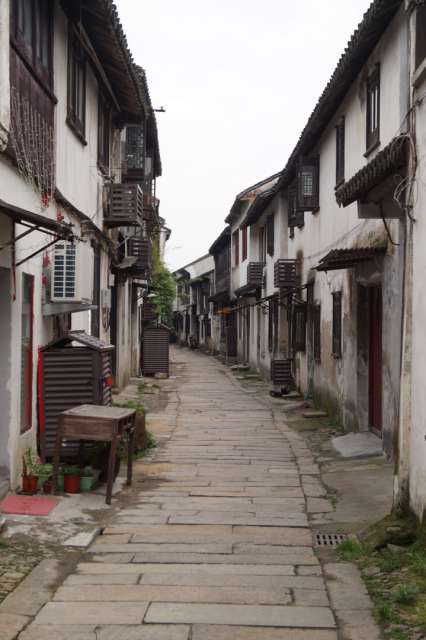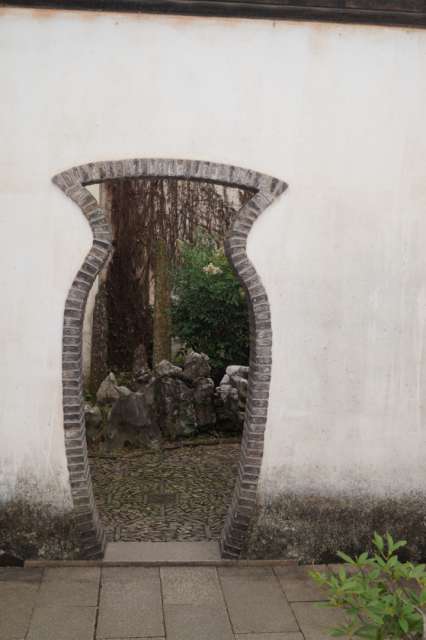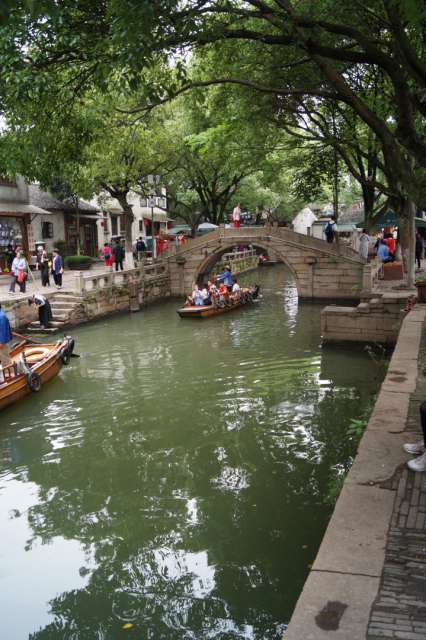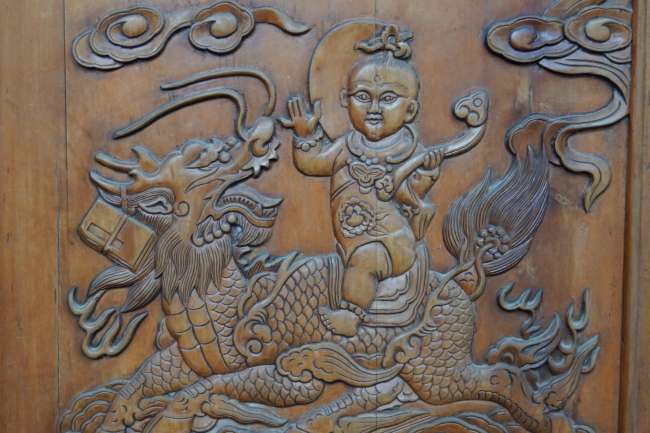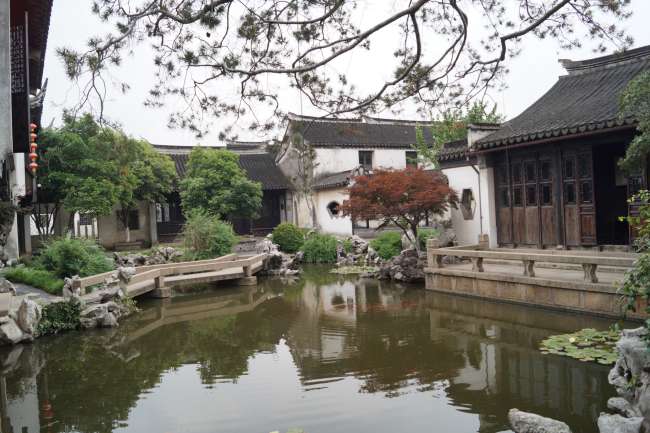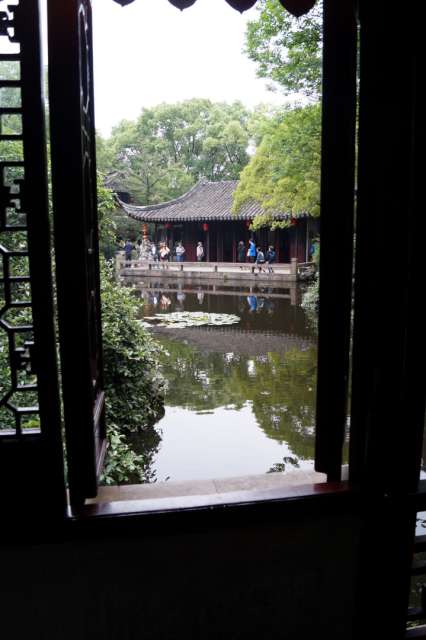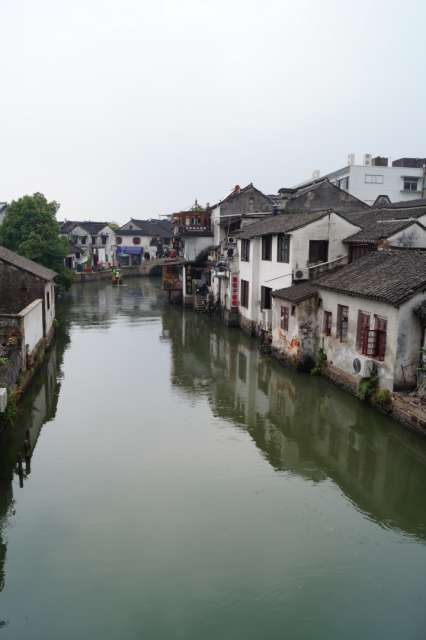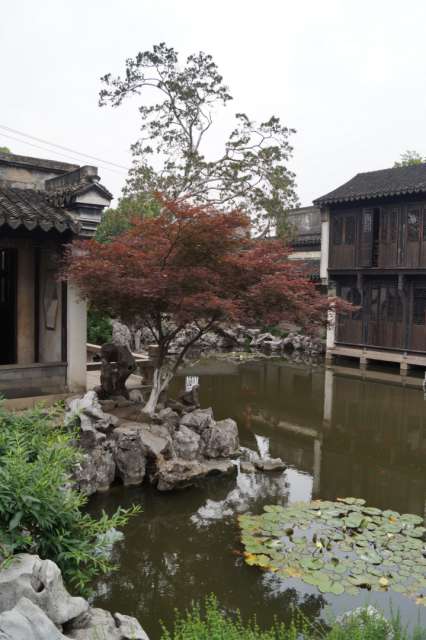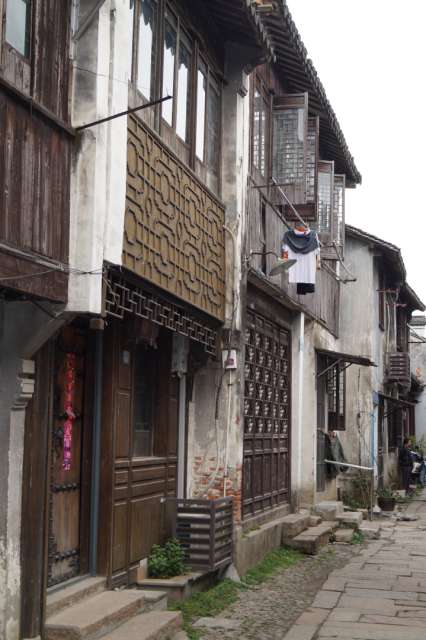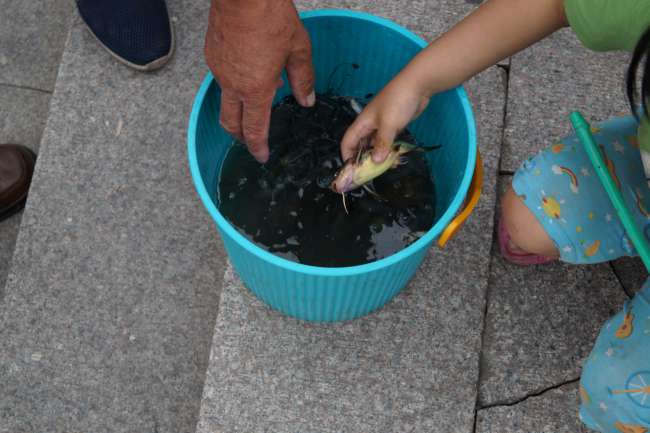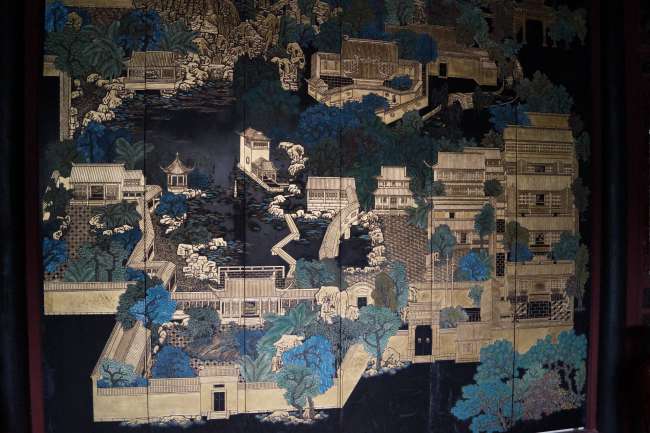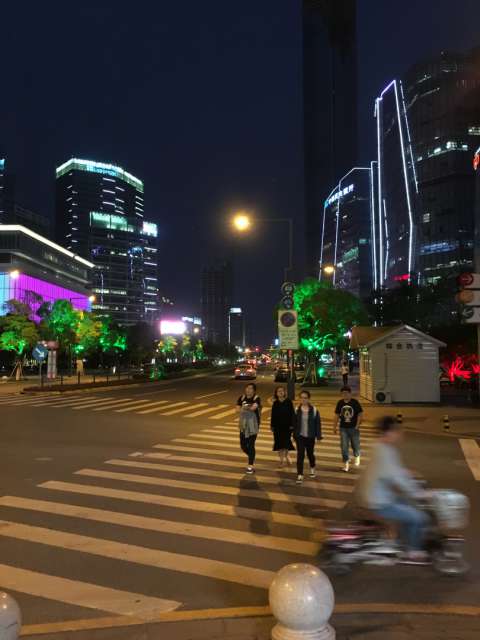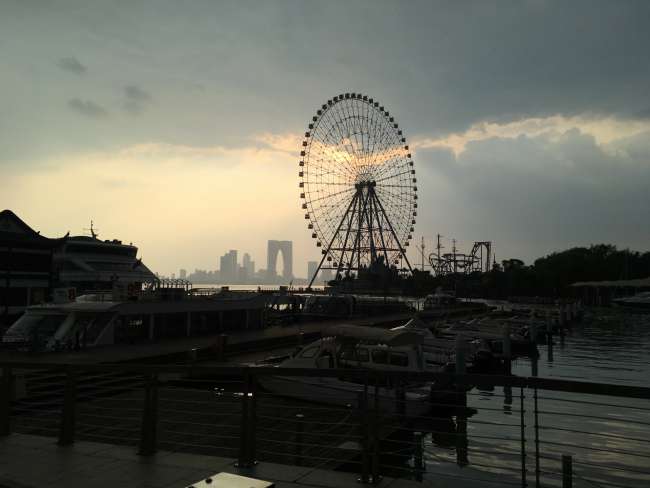A Day in Tongli
Published: 24.05.2017
Subscribe to Newsletter
After yesterday's rainy day, today was slightly cooler. At a pleasant 24 degrees Celsius, we went to Tongli, an old town outside of Suzhou that is essentially preserved as it was 1,000 years ago. On the drive, we had the pleasure of admiring the Chinese interpretation of traffic rules again.
Actually, in China, essentially the same traffic rules apply as in our country: giving right of way to the right, stopping at red lights, the left-turning driver must wait for oncoming traffic, and so on. However, our guide explained to us that although the Chinese people know the rules, they do not agree with the government that the rules are good. However, this does not mean that everyone just drives as they please. According to these self-imposed rules, left-turning drivers, for example, have the right of way because the straight-ahead driver can see the traffic better.
Nevertheless, the straight-ahead driver must pretend to have the right of way and confidently proceed, while the left-turning driver must demonstrate that they are brave and deserve the right of way. It all looks very chaotic to us, but there are relatively few accidents. This is probably also because people drive quite slowly.
Since our driver perfectly masters the rules, we arrived safely in Tongli. There we had to switch to an electric vehicle because the city is car-free. We were then driven to the entrance of the city.

To enter the city, you have to cross two bridges that are right next to each other. One is for the common people and the other, shown in the picture, is for the higher-ranking people. Tongli is largely like an open-air museum. There are many small shops that offer everything tourists demand. However, Tongli is also an inhabited city where people actually live in the ancient houses.
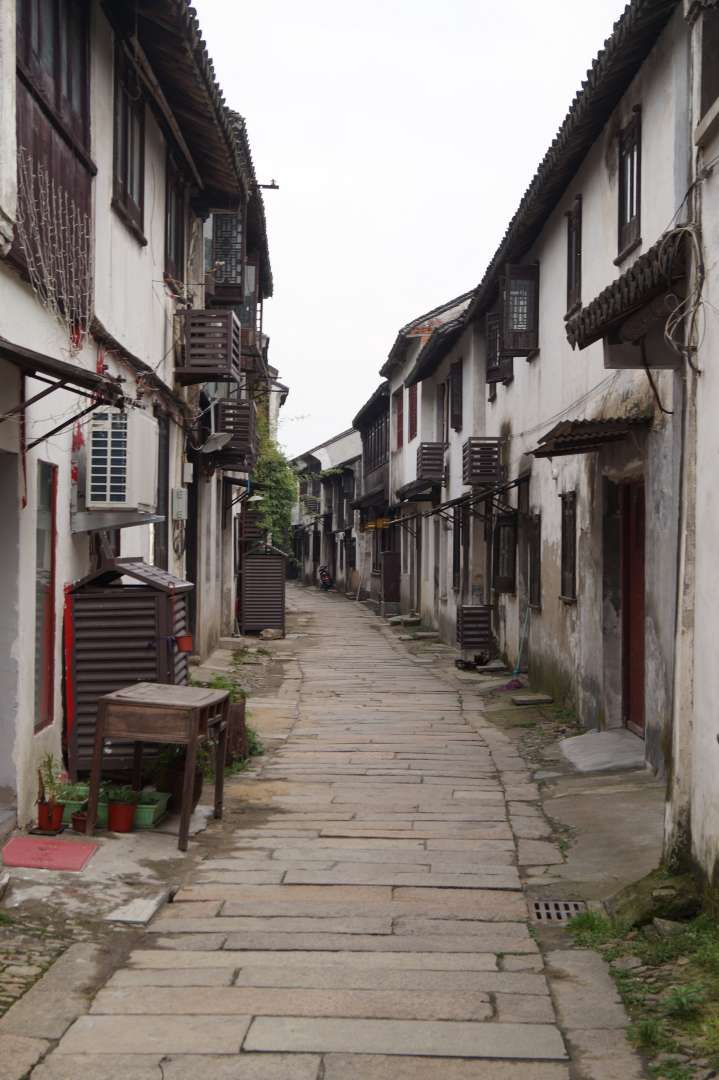
The houses are very narrow. The kitchen and a small staircase leading to the bedroom above are located in the basement, which is about 3 meters wide. The houses are very dark, often having only a very small window on the front. If the back is not adjacent to a channel, sometimes there is a small garden attached to the house. The doors are usually unlocked, as the residents have no fear of theft.
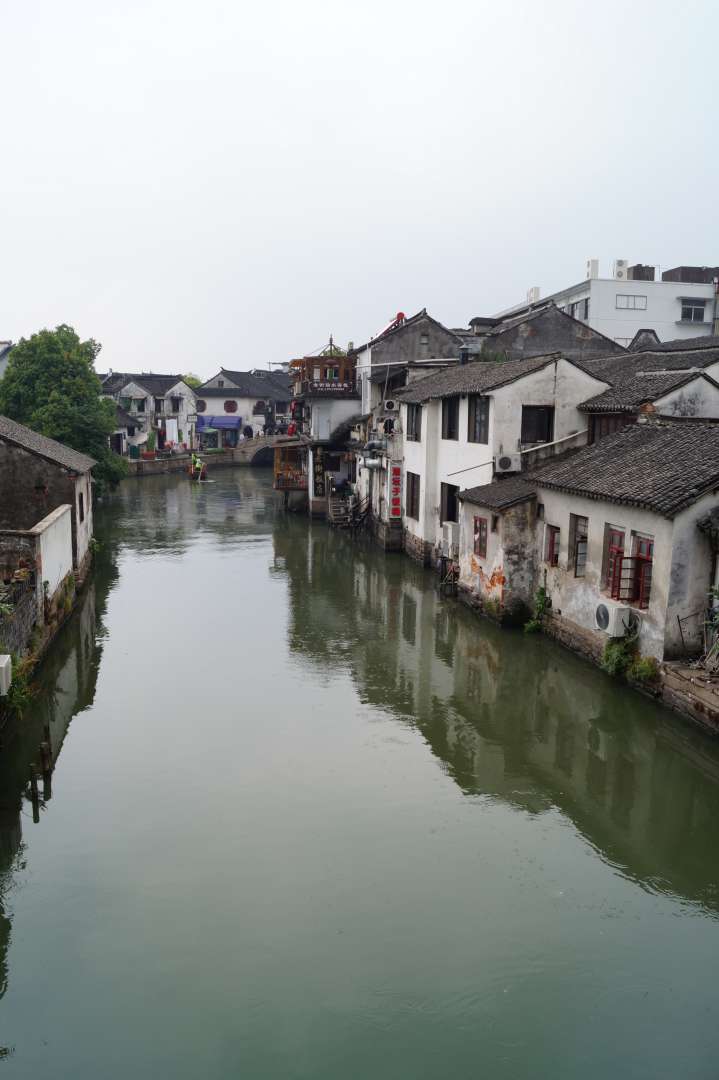

However, there were also many wealthy people in Tongli. Behind some inconspicuous doors are large classical houses with many rooms, courtyards, and gardens. These houses were built by retired court officials. They could afford larger plots of land for their houses here outside of Suzhou.
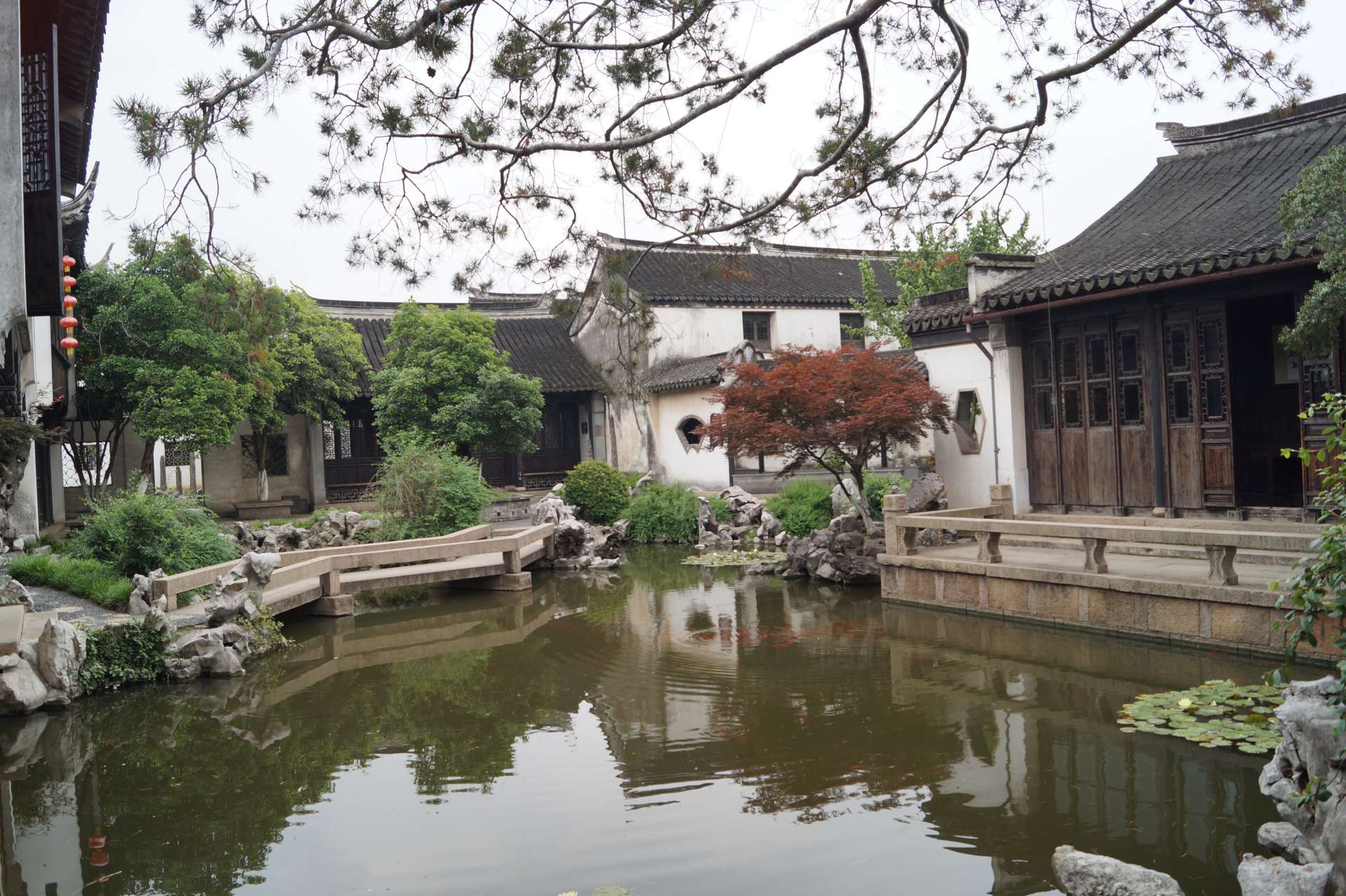

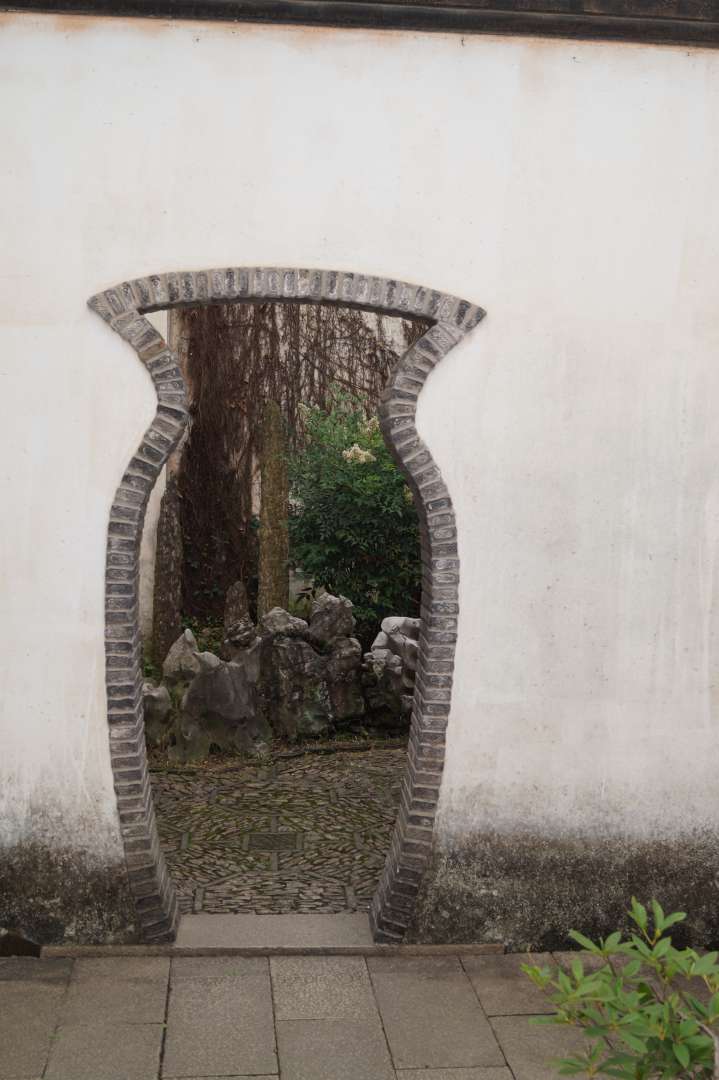
There are many details to see inside the houses, each with its own meaning. For example, the white walls symbolize the blank canvas on which everything in front of it is painted. Thus, the garden becomes a collection of paintings. Many doors are shaped like frames, such as the vase above. The objects behind them represent the painting on the vase. There are many intricately carved wooden panelings.
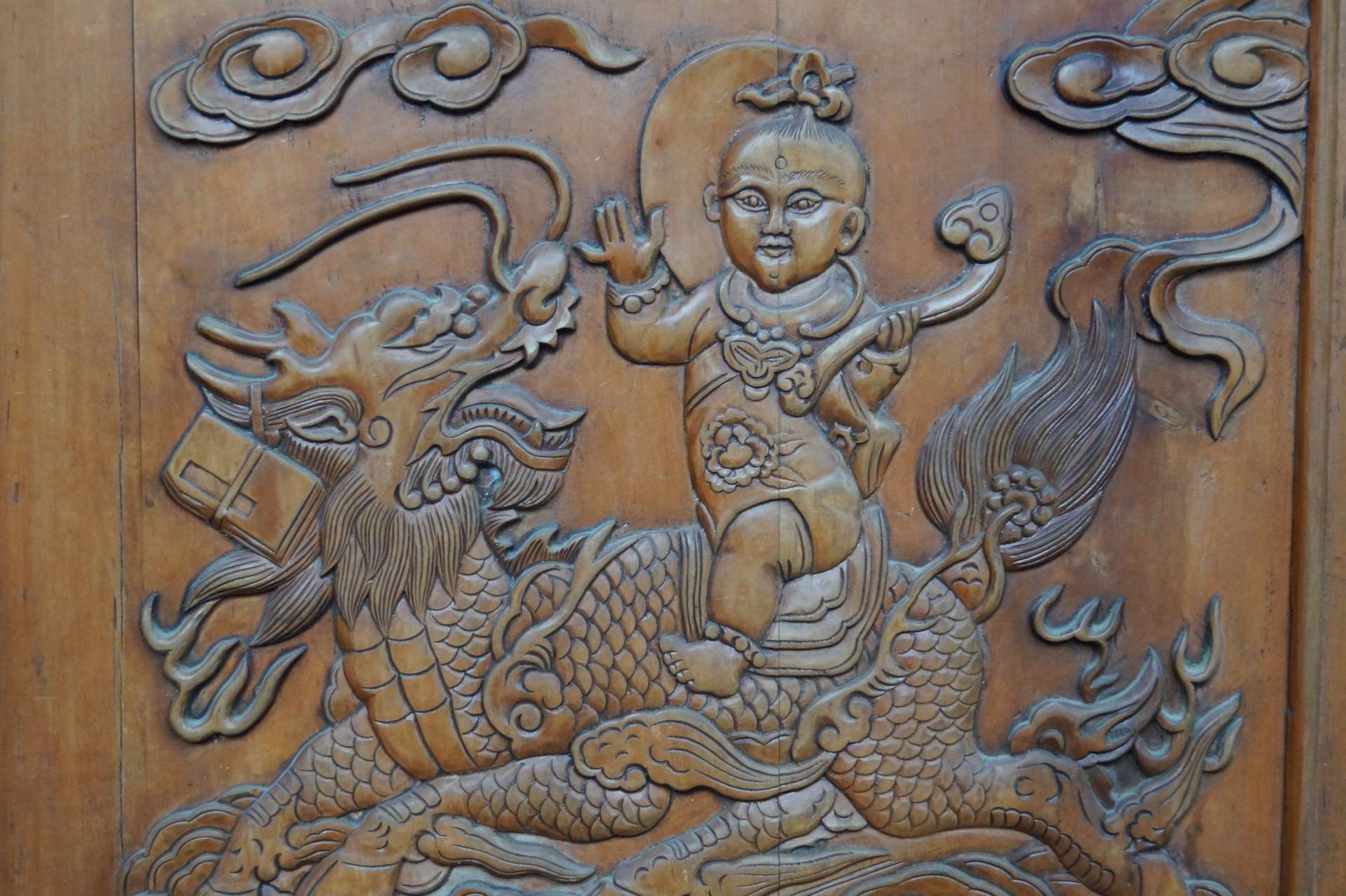
The houses serve for representation and relaxation. Unimportant guests are received in the first reception room, important guests in the second one, and close friends in the third one. After that, the garden follows with various pavilions where the family can relax (from whatever). Servants are present around the clock, fulfilling any wishes immediately. The bedrooms are upstairs, where servants are always present as well.
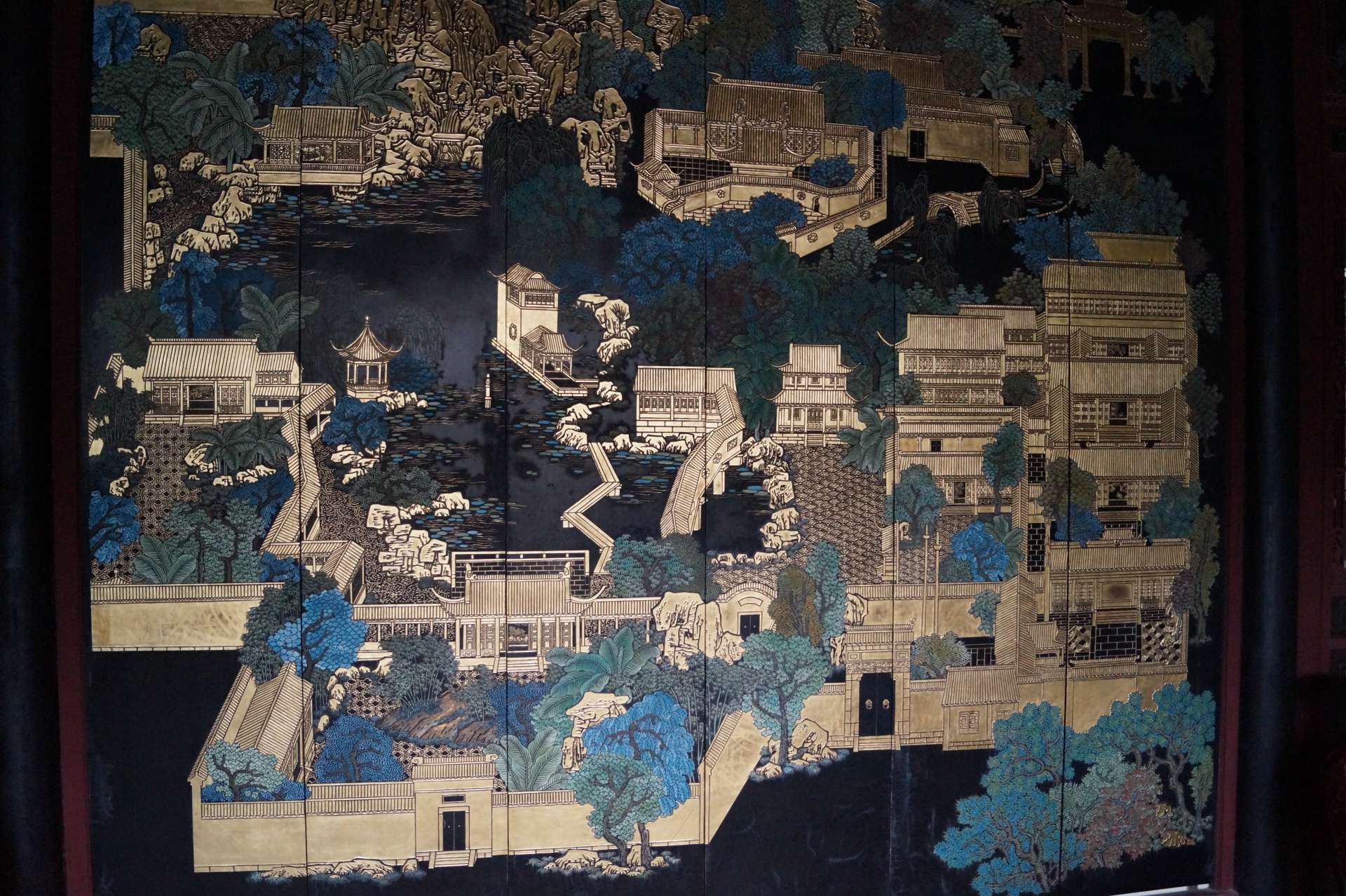
After wandering through Tongli for some time and going through many hidden doors, we had lunch at an old tea house. We also tried the specialty of the place, pork in soy sauce. You can eat it, but you don't have to. However, there were also some really good dishes available.
Afterwards, we walked over three bridges that you must cross when visiting Tongli. One represents success, one represents luck, and one represents a long life. So now, nothing can happen to us anymore.
Tongli is crisscrossed by canals. We walked along them for a while and watched as tourist groups were rowed over them in boats.

The locals walked around with nets and caught freshwater shrimp. They seemed easy to catch after the rain yesterday. A little girl had also caught a small carp, which she proudly showed us.
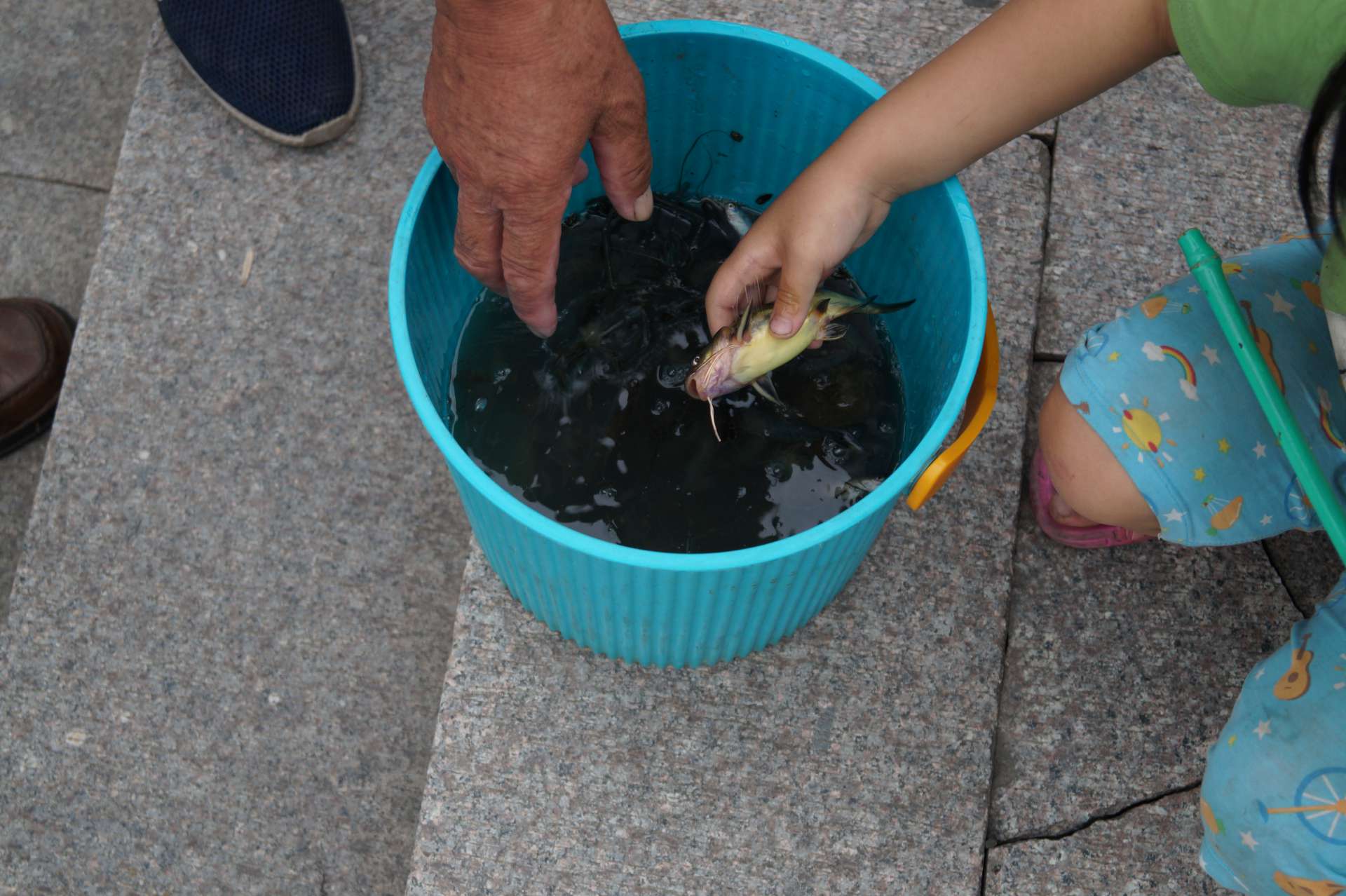
In the afternoon, we drove back to Suzhou with sore feet. After a short rest, we took a longer walk along the shore of Jinji Lake before returning to the hotel, quite tired.
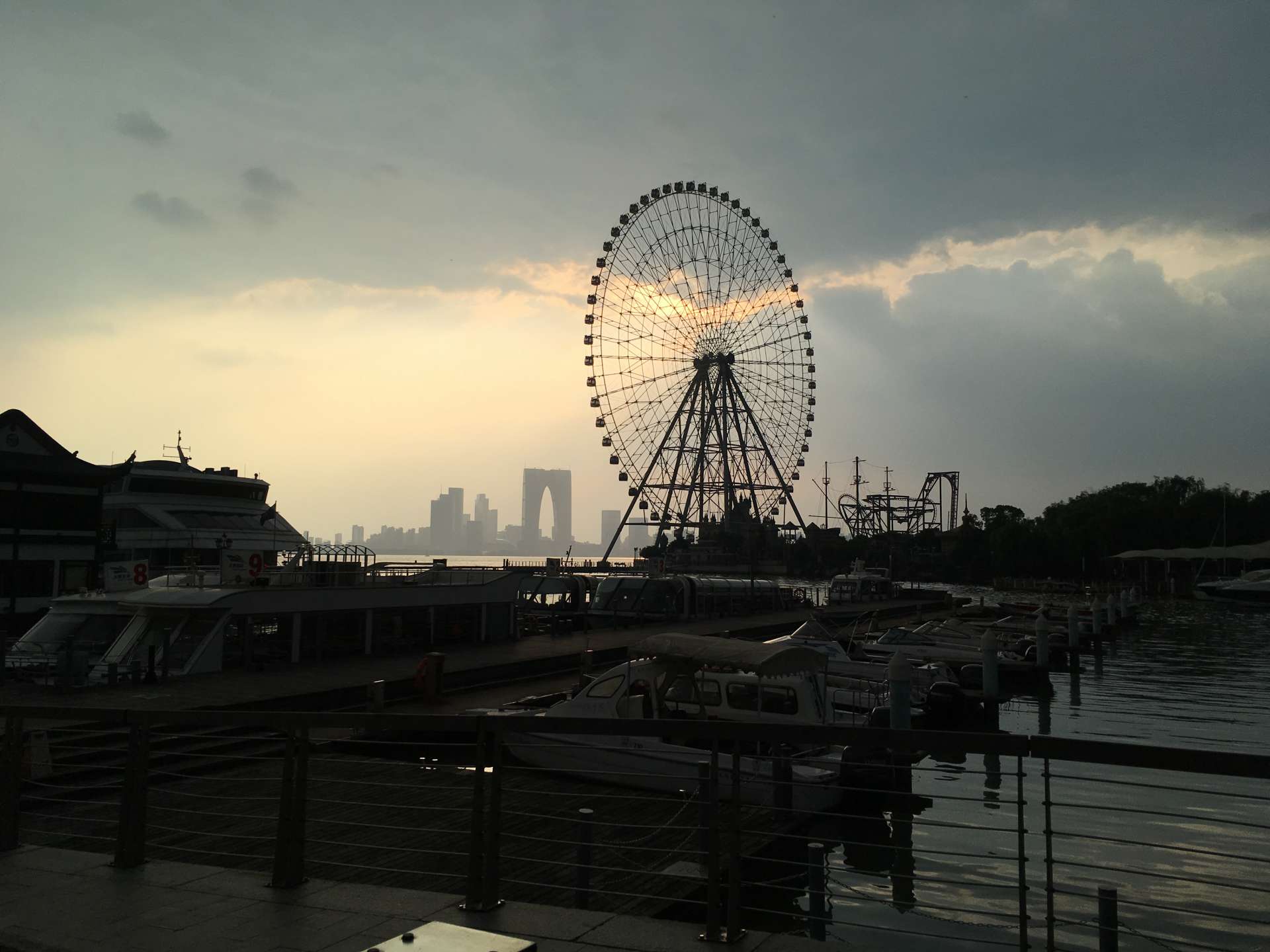
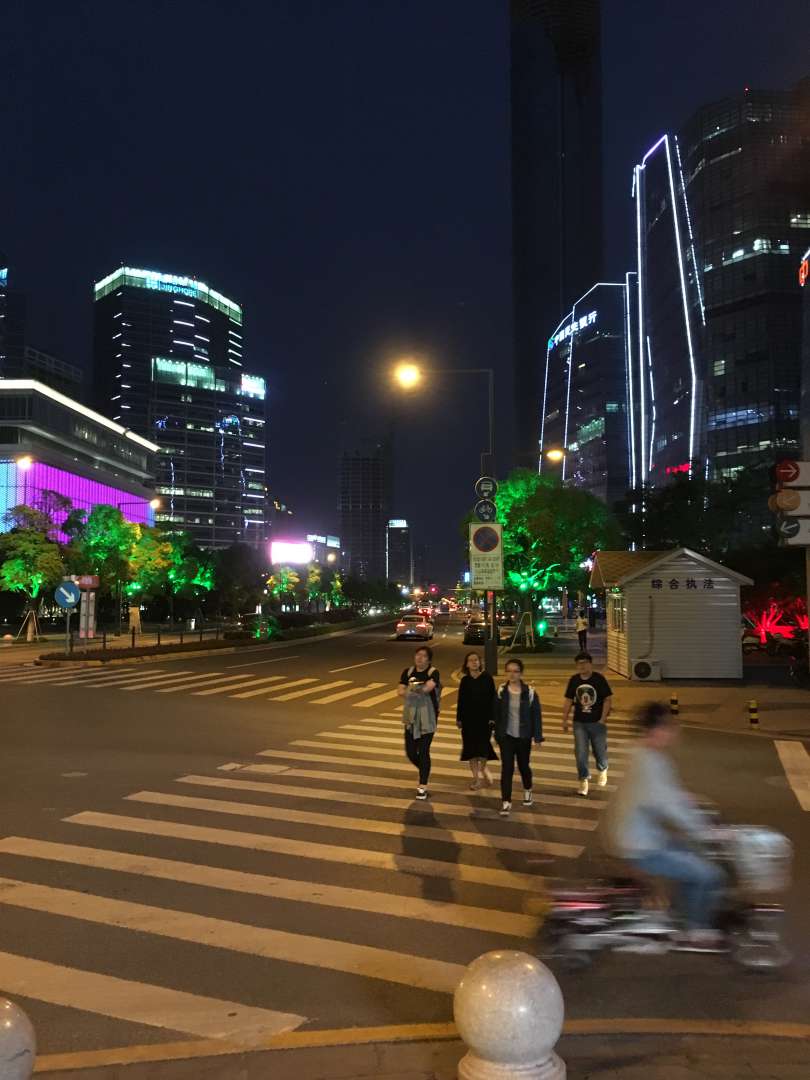
Subscribe to Newsletter
Answer (1)
Nicole
Ihr macht echt ein straffes Besichtigungsprogramm. Aber hochinteressant!

